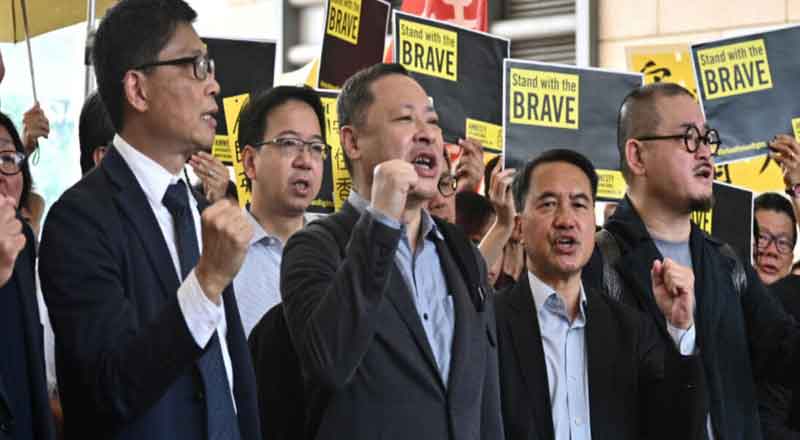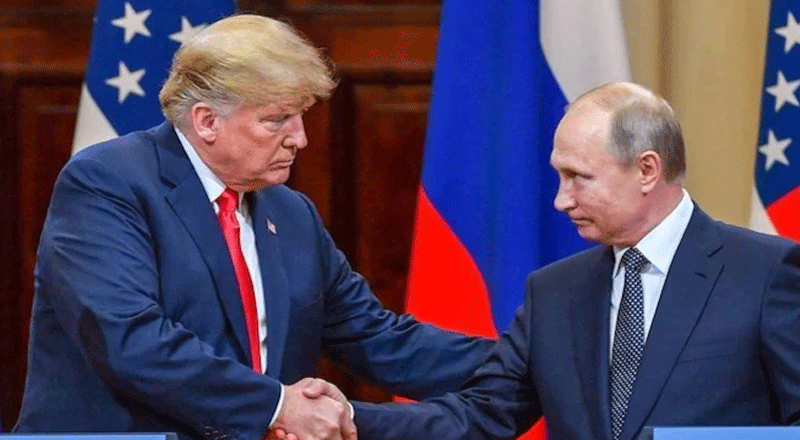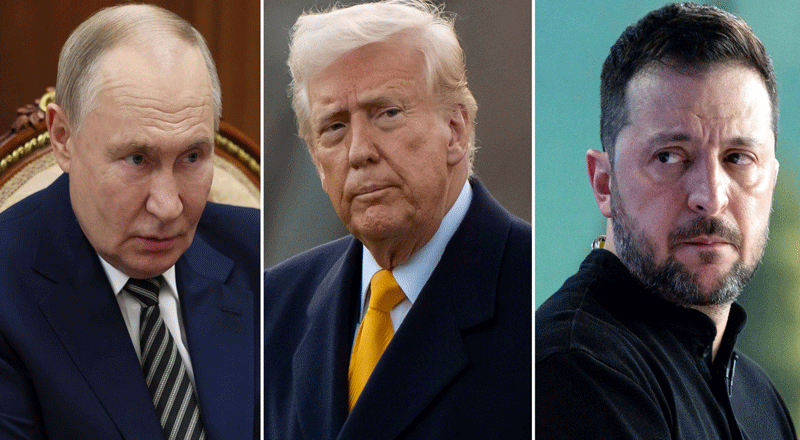A Landmark Trial and a Global Concern
In a move that has sparked international condemnation, Hong Kong’s High Court recently sentenced 45 pro-democracy activists to jail terms ranging from four to ten years under the Beijing-imposed national security law. This landmark trial, seen by many as a crackdown on the city’s fading democratic freedoms, comes amid mounting criticism from Western nations. The case reflects Hong Kong’s shifting political landscape, highlighting tensions between the promise of autonomy and the reality of increasing central control by Beijing.
Unprecedented Sentences for Political Activism
The activists were charged with conspiracy to commit subversion, a serious offense under Hong Kong’s 2020 national security law, after organizing an unofficial “primary election” in 2020. Their goal was to identify candidates for the city’s legislative elections who could challenge the government. Prosecutors argued that the primary aimed to paralyze the government by pushing a legislative agenda at odds with Beijing’s policies.
Among those convicted, former legal scholar Benny Tai received the longest sentence of 10 years. Prominent activists like Owen Chow and Gwyneth Ho also faced lengthy prison terms. Of the 47 initially charged, 31 pleaded guilty, resulting in varying degrees of sentence reductions.
Judicial Rationale
The three-judge panel justified their sentencing by citing the extensive planning and the perceived potential harm the activists’ actions could have caused. They dismissed arguments that the primary election was unlikely to succeed in disrupting governance. The judges maintained a “holistic assessment,” considering the broader implications of the activists’ plans.
Global Reactions: Democracy and Freedom in Peril
The trial has drawn sharp rebukes from several Western nations. The United States called the convictions “politically motivated” and emphasized that the activists’ actions were peaceful and legally valid expressions of political participation. Australia’s Foreign Minister Penny Wong expressed “grave concern” over the sentencing, urging China to respect freedoms of speech, assembly, and civil society in Hong Kong.
Marco Rubio, a prominent U.S. politician, described the trial as emblematic of the national security law’s assault on Hong Kong’s autonomy and democratic values. Critics argue that the sweeping law, designed to curb dissent after the 2019 pro-democracy protests, has effectively criminalized opposition voices.
Beijing’s Defense
Chinese authorities, however, have defended the national security law and the trial’s outcomes. Chinese Foreign Ministry spokesperson Lin Jian stressed that no one is above the law, arguing that subversive acts under the guise of democracy cannot go unpunished. Beijing views the law as essential for restoring order after the tumultuous protests that rocked Hong Kong in 2019.
Human Cost: Families and Activists React
The sentences have left families of the convicted activists distraught. Elsa Wu, the mother of activist Hendrick Lui, voiced her anguish outside the court, saying, “He’s a good person … Why does he have to go to jail?” Many defendants had already spent more than three and a half years in detention, raising hopes among families that time served would be deducted from their sentences.
Meanwhile, activists like Gwyneth Ho expressed defiance. In a statement, she said, “Our true crime for Beijing is that we were not content with playing along in manipulated elections. We dared to confront the regime.” Her words reflect the resilience of Hong Kong’s pro-democracy movement, even in the face of severe punishment.
The Future of Hong Kong’s Autonomy
A Shifting Political Landscape
The jailing of the activists marks a turning point for Hong Kong, signaling the erosion of the city’s political freedoms promised under the “one country, two systems” framework. Critics warn that the national security law has undermined the rule of law and freedom of expression, which were once hallmarks of the city.
Chilling Effect on Dissent
The severity of the sentences is likely to deter future activism, chilling political expression in Hong Kong. The convictions send a clear message: dissent against Beijing’s authority will be met with harsh repercussions. For many, this trial underscores the narrowing space for opposition voices in a city once known for its vibrant civil society.
A Call for Justice and Freedom
The landmark sentencing of Hong Kong’s pro-democracy activists is a sobering reminder of the precarious state of freedoms in the city. While Beijing frames the national security law as a necessary measure for stability, critics view it as a tool for silencing dissent. The global outcry over these convictions underscores the international community’s concern for Hong Kong’s autonomy and democratic ideals.
Moving forward, it is vital for governments, international organizations, and advocates of democracy to continue pressing for the protection of fundamental freedoms in Hong Kong. The convictions of these 45 individuals must not signal the end of the city’s pro-democracy movement. Instead, their resilience should serve as a rallying cry for justice, reminding the world of the importance of safeguarding human rights and democratic values, even in the face of adversity. True democracy, as the activists hoped to achieve, remains a goal worth striving for, both in Hong Kong and beyond.
(With inputs from agencies)





